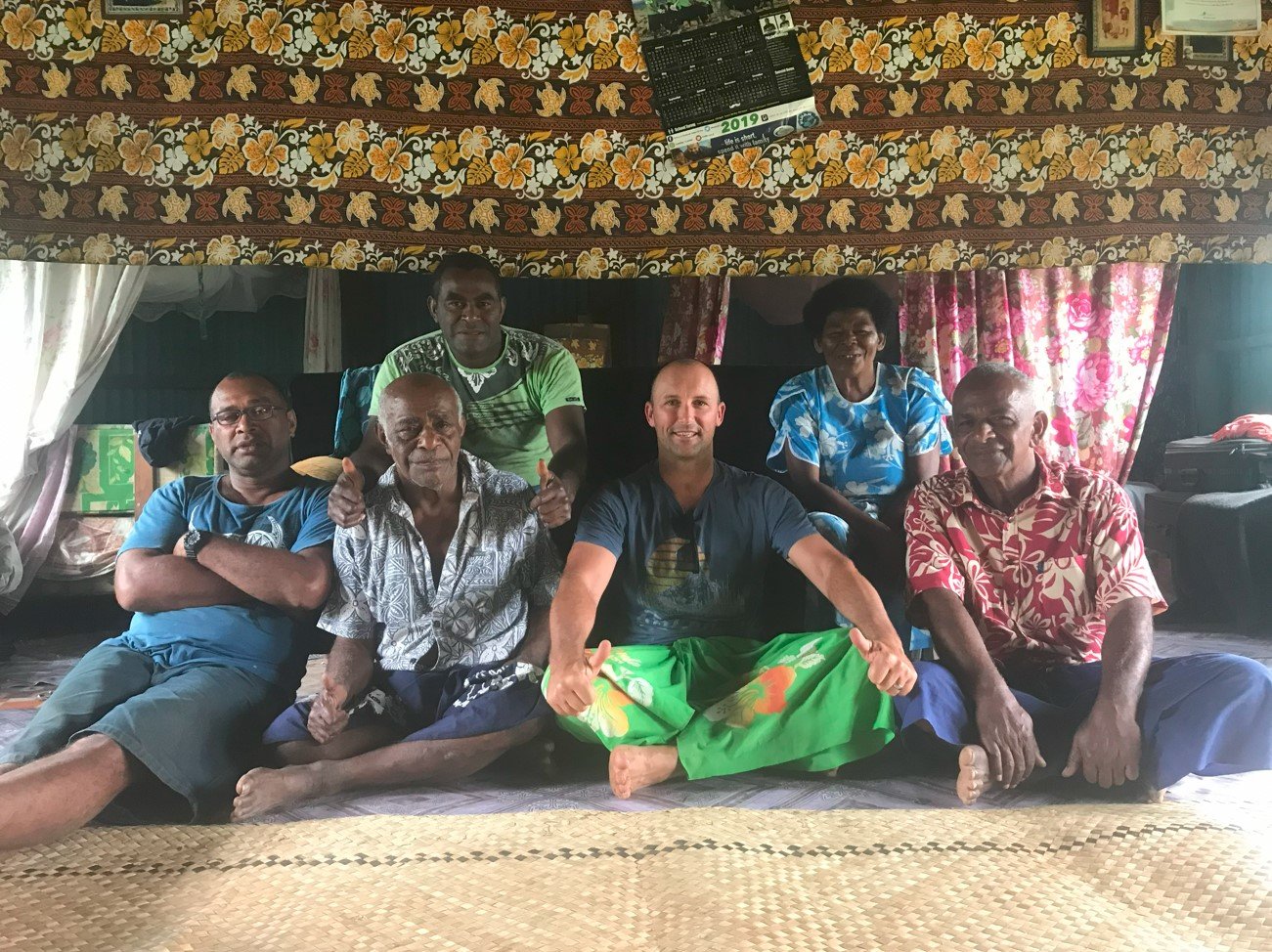Schools
Indigenous businesses
Business
Freelance journalist - K. Richardson
“If you teach a person to fish, you’ll feed a person for a lifetime – but it still helps to go back regularly and make sure their equipment still works.”
A decision to travel to the middle of the Fijian jungle in 1998 changed youth worker Clint Miller’s life forever. I sit with a cup of tea in hand as I listen to Clint and Kate Miller tell the story that lead them to found Destination Dreaming, a social enterprise bringing together Australian schools and rural communities in Fiji and Australian schools. He worked as a surf coach and community worker in Queensland when he decided to travel to Fiji. “I fell in love with the people and the place,” Clint tells me. He returned in 2003 as a community worker, but quickly became frustrated with the management of his company.
Kate, meanwhile, comes from Warrnambool and has a background in law. Kate’s desire to lead and connect the communities together by focusing on commonalities rather than their differences. The two met after Clint returned from Fiji and found that they shared similar values. Clint was searching for a way that Australian students could learn from the community without being taken advantage of. The elders in the village, Clint tells me, suggested that he start his own company – and so he did. “I realised that the current model of ‘poverty tourism’ wasn’t right,” Kate tells me. “I wanted to show schools a better way.”
Destination Dreaming is the perfect way to bring Clint’s love of Fiji to Australian schools, providing Australian students and teachers with a meaningful experience that is beneficial to the community. “We are not a tour company,” Clint tells me. The users pay for the experience which allows Destination Dreaming to represent both communities for the remainder of their partnership. These partnerships are long term, and there have been families who have put multiple their children into the Destination Dreaming program. The support from families and schools speaks volumes towards the program and the benefits for everyone involved.
The money raised from running these programs goes towards interest-free loans to the rural communities, which includes setting up and developing local businesses. Destination Dreaming has since expanded to representing communities in East Timor, Nepal and Cambodia, among others. The groups that travel with Destination Dreaming undergo an educational experience with their partner community, assist with English lessons in the community that is pre-coordinated with the schools’ curriculum and live as the locals do. The experience is only the tip of the iceberg, with preparation, debriefing and the partnership comprising a large portion of what Destination Dreaming offers.
This is when I learn that there are no phones allowed on Destination Dreaming visits. The goal is to move away from a consumerist point of view and see the perspective of the Fijian people, who don’t have the same emotional attachment to “stuff”. Despite this, Destination Dreaming is not anti-technology. “We need technology to make people aware of what we do,” Clint tells me, “but there is an addictive element to technology that we need to have a conversation around.” The benefits of going “off the grid” are immeasurable. I learn of one mother who praised the program because her daughter now talked to her instead of sitting on her phone constantly. Clint tells me, “Regardless of the advance of technology, no online connection will ever surpass the benefit of human connection.”
Destination Dreaming is a movement away from a trend of “volunteer tourism” where students perform unskilled labour for rural community, and towards an empowering, meaningful experience that fosters strong relationships between both communities. “At the end of our 15-year business journey I want to look back and see we always showed the importance of sticking to the broader global community,” Kate says, “especially what is fair, being true to our values and doing the right thing."


